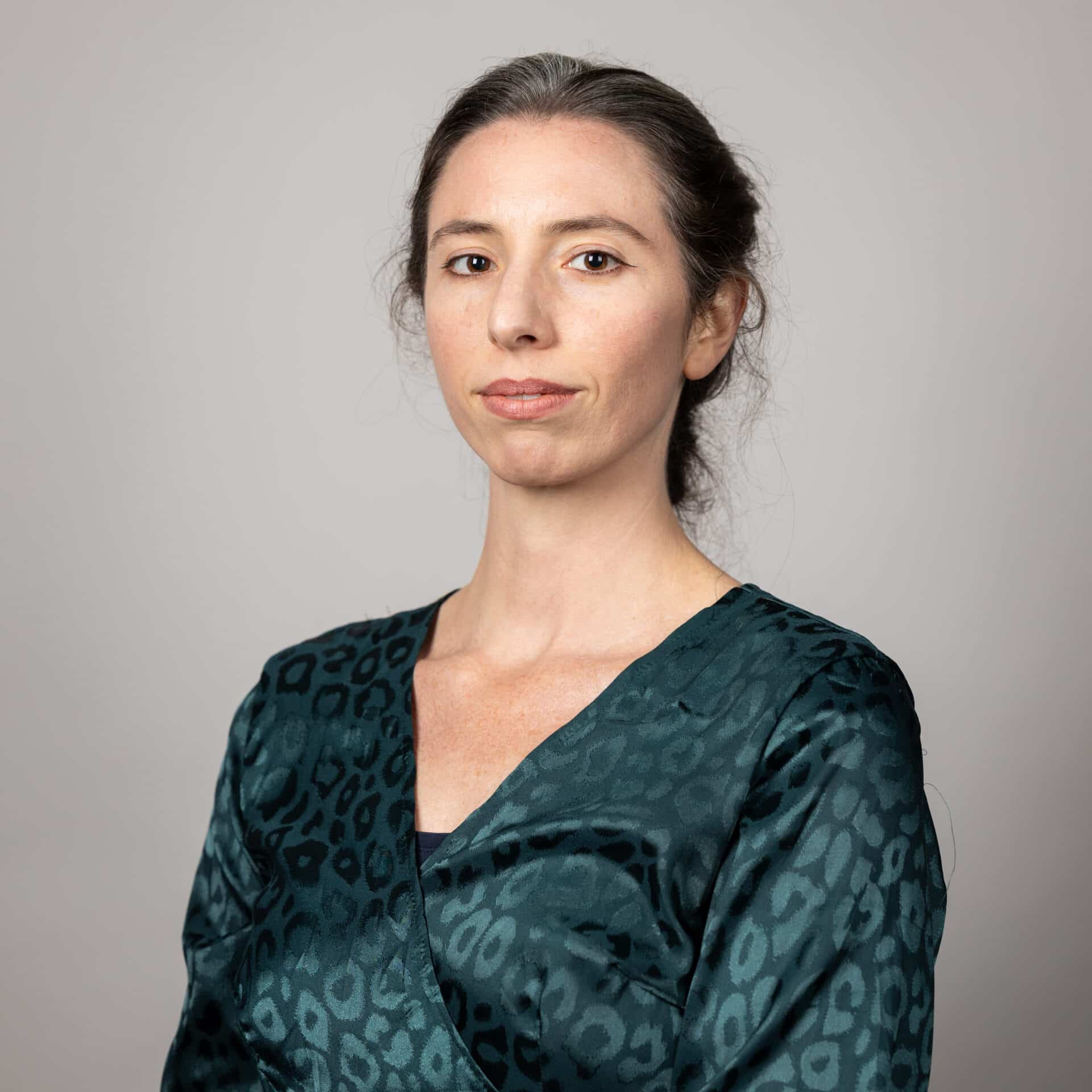
Sustainable Child Health
Next course date
- Wednesday 13 May 2026 9.00-13.00
Book now
Course outline
This course, developed in collaboration with the Royal College of Paediatrics and Child Health explores the impacts of climate change and nature loss on the health and wellbeing of children and young people, and the ways in which the healthcare system is both vulnerable to and contributing to these crises. Using real world case studies, the course describes how we can deliver healthcare sustainably and adapt to climate change and explores what the wider benefits might be, outlining a comprehensive vision of a sustainable system of care that maximises children’s opportunities to thrive and supports the ecosystems they depend on to flourish.
We also consider the leadership role healthcare staff (at any level) can play in providing healthcare for all within planetary boundaries. As healthcare professionals working with children our duty of care means we cannot stand on the sidelines. There are many important ways to make a difference and this course is a starting point.
I am a health professional, why should I book this course?
This course is specifically designed to support healthcare professionals like you to stay up to date with the latest evidence-based practices and enhance your skills and knowledge. By booking this course, you’ll earn valuable Continuing Professional Development (CPD) credits, ensuring you meet your professional development requirements while improving your expertise. It’s a great opportunity to expand your knowledge, stay ahead in your field, and enhance the quality of care you provide to your patients.
Learning objectives
By the end of the course you will be able to:
- Describe the risks the global environmental crisis presents to public health and healthcare systems.
- Understand mitigation and adaptation efforts and their potential health co-benefits.
- Identify carbon hotspots and understand the basic principles of carbon footprinting and sustainability in quality improvement.
- Recognise what is distinctive about leadership in sustainability.
- Plan and appraise service developments with reference to the triple bottom line of sustainable value.
- Apply the principles of sustainable development planning a sustainability project (or incorporating sustainability into an existing project) in your workplace.
Course structure
This course is delivered in three parts:
Part I. Self-study online
Interactive online materials covering all course content, illustrated with case studies, presented in bite-sized modules. The course is flexible to your interests and available time; a condensed version can be completed in under 2 hours using the module summary pages; the full course contains around 8 hours of more in depth study. A discussion forum allows you to reflect on your learning and share thoughts and ideas with fellow learners. A short video on the home page outlines how to navigate the learning platform and obtain your certificate of completion. The learning materials are available to you from the point of booking and for 6 months after your workshop date. You can see a table of contents for the self study materials here.
Part 2. Live workshop online
The 4 hour virtual workshop consolidates your understanding of the course materials and then focuses on helping you develop ideas for a sustainability project in your setting; translating your learning into action through small group discussions with CSH experts and colleagues from around the world using the range of resources and tools. A separate certificate of completion is provided for the workshop.
Part 3. Mentoring
After completing the workshop you are invited to attend our online Sustainable Healthcare Cafés, a friendly, informal setting in which to:
- Reconnect with peers passionate about sustainability
- Get ongoing support for sustainability projects from peers and CSH staff.
The 1 hour cafes occur regularly throughout the year. You are welcome to attend the cafes as many times as you wish. Upcoming dates will be emailed to you after the workshop. You can also receive ongoing peer support by joining one of our Networks.
How much does this course cost?
Prices start from £132
Ready to book?
To book onto one of our courses, please register your details on our learning platform below.

If you have any questions at all or require any more information, please contact our dedicated education team.
